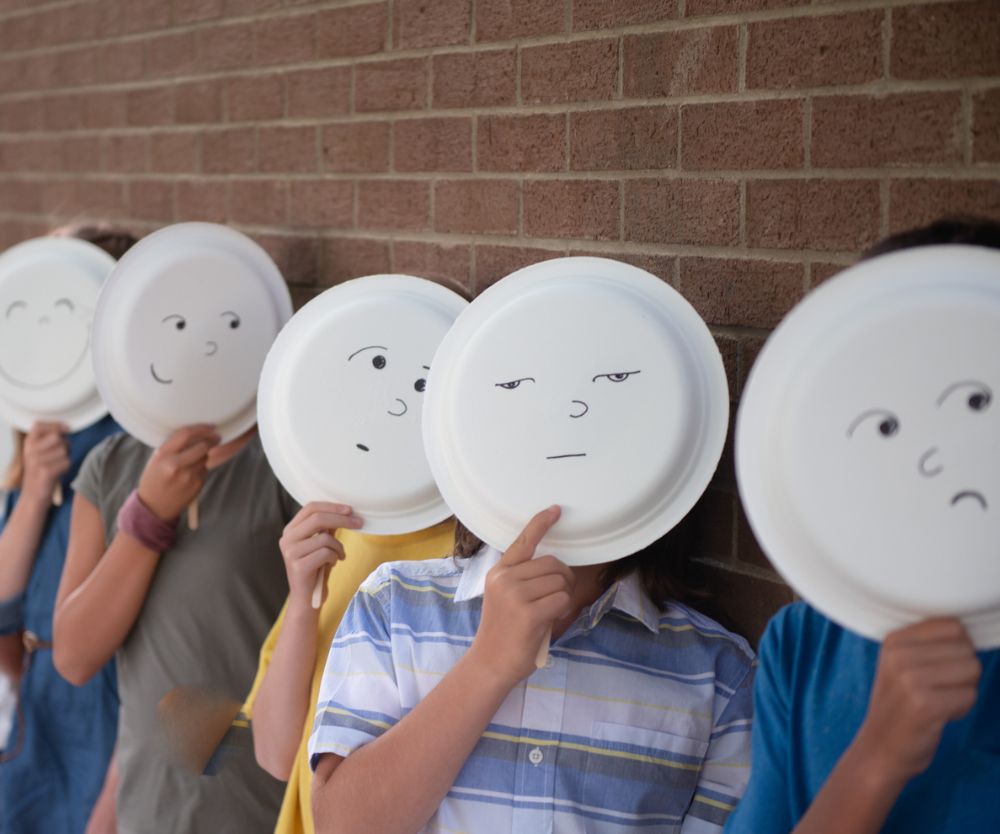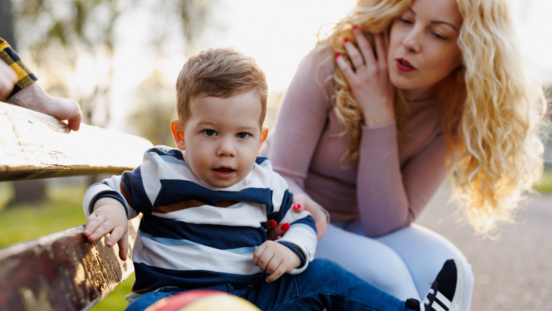Introducing your toddler to the new baby
Hello baby!
Your new baby has arrived and you're thrilled but don't be surprised if your first child isn't as excited as you are. Here are ten ways to speed up the sibling bonds …
Involve them in the homecoming
If you've had a hospital birth, make sure your older child either comes to help collect you or is busy at home helping with the preparations. If they are staying at Grandma's house, it may make them feel left out and pushed aside.
Make a fuss of your older child
Your new baby will probably be showered with gifts and attention, so keep a close eye on the older one to make sure he's not feeling left out. Try to include them in the celebrations by buying two presents in advance one for the baby to give to their brother or sister, and one for your older child to give to the baby.
Warn your close friends to react the same
Ask your close friends and family to make sure they act the same way towards you toddler when they first meet the baby. Ask them to spend some time chatting to your toddler first before they look at the baby.

Keep a close eye on your older child to make sure he's not feeling left out.
Make being older an advantage
Show your child the practical advantages of being the oldest by talking to them about all the things you'll be able to do together. Educational psychologist and author of Learning difficulties Hannah Mortimer says to beware of saying things like: "you're the big one now", because your child will probably want to be a baby again at this point. 'Instead of pushing them into a role they don't want, let them become babyish, and make sure you give them extra cuddles and reassurance.'
Let them help you
An older child will be able to help you care for the baby in lots of ways by bringing you the baby wipes, helping at bathtime, or singing to them when he needs soothing, for example. Most children love 'helping' Mum out like this but be careful not to force responsibility on them.
Accentuate the positive
It's only natural to feel protective of your tiny baby and want to keep them away from a boisterous toddler. But rather than continuously telling your child not to do things, try to phrase any cautions in a positive fashion so he doesn't become resentful. Instead of saying, "Don't shout! You'll wake the baby," for example, gently suggest that you both whisper while the baby sleeps.
WATCH: Jenna Dewan Tatum and James Corden take a dance lesson from toddlers and it's freaking adorable. Continues after video …
Give your child some one-to-one
As often as you can, give them some special time on his own with you so that he still has your attention. This will make a big difference to the way he accepts his brother or sister. You can also try to include them while you do things with the baby.
Get them bonding
Even if your baby doesn't notice their older sibling at first, you can help the older one feel that they like them. For example, when the baby smiles, say, "Look she's smiling at you! Aren't you clever?"
Anticipate jealousy
However well you prepare your child is, you need to accept that there will be times when they rebel. The average age gap between first and second children is 34 months, which means most first-born children are at that toddler tantrum stage when the new baby arrives. 'Jealousy often occurs when the baby is old enough to be at threat to the older one. To help prevent this, you can agree with your child that yes, the baby can be a nuisance sometimes!' says Mortimer.
Reap the benefits!
As your first child gets to know his younger sister or brother, they may display a new side to their character that you never knew they had by becoming very protective of the new sibling. They'll also learn useful social skills, such as sharing and turn-taking, which will stand them in great stead at early child care or school. And perhaps most importantly in years to come, this new baby may grow up to be your child's best friend!




